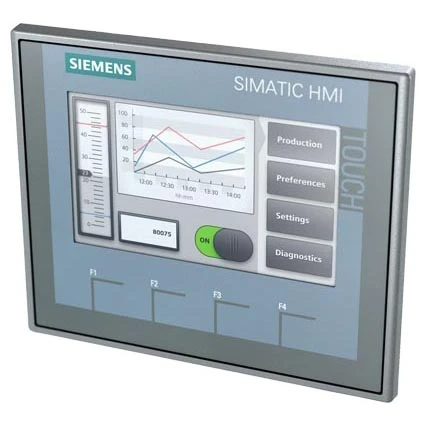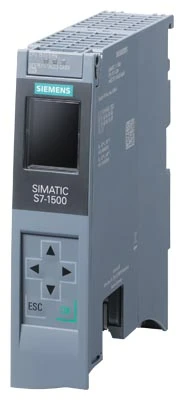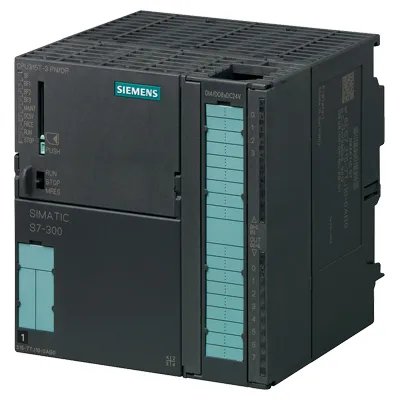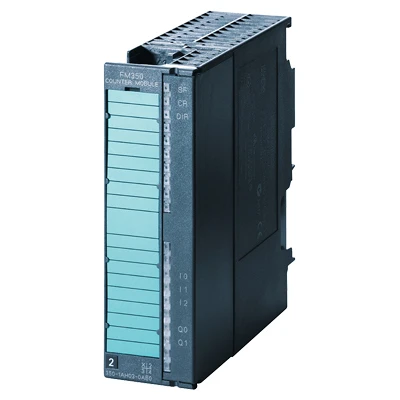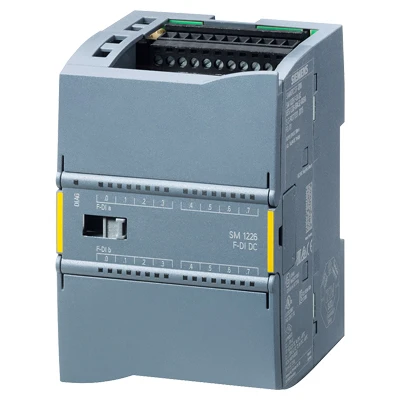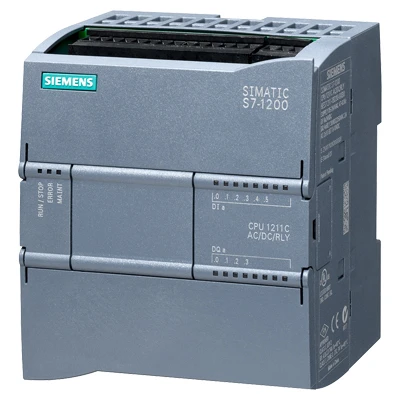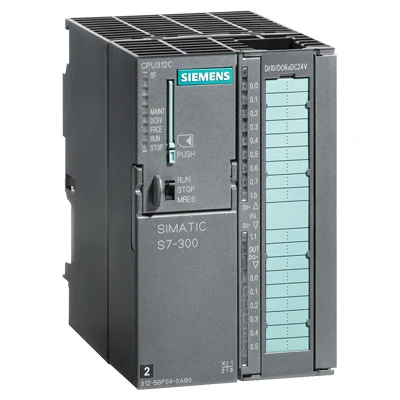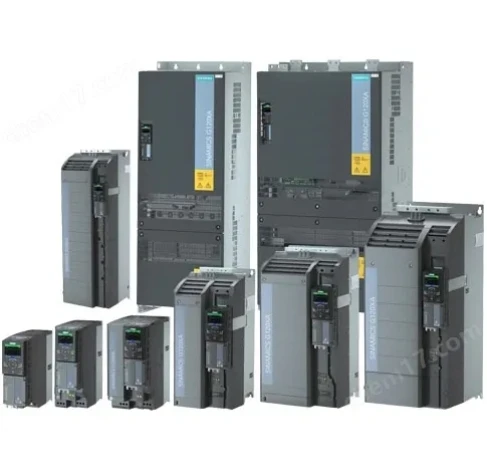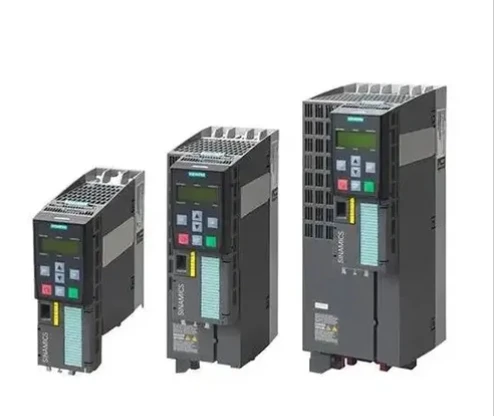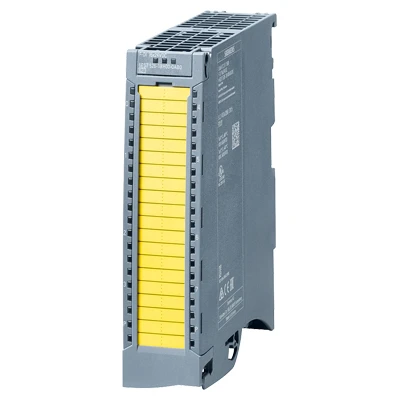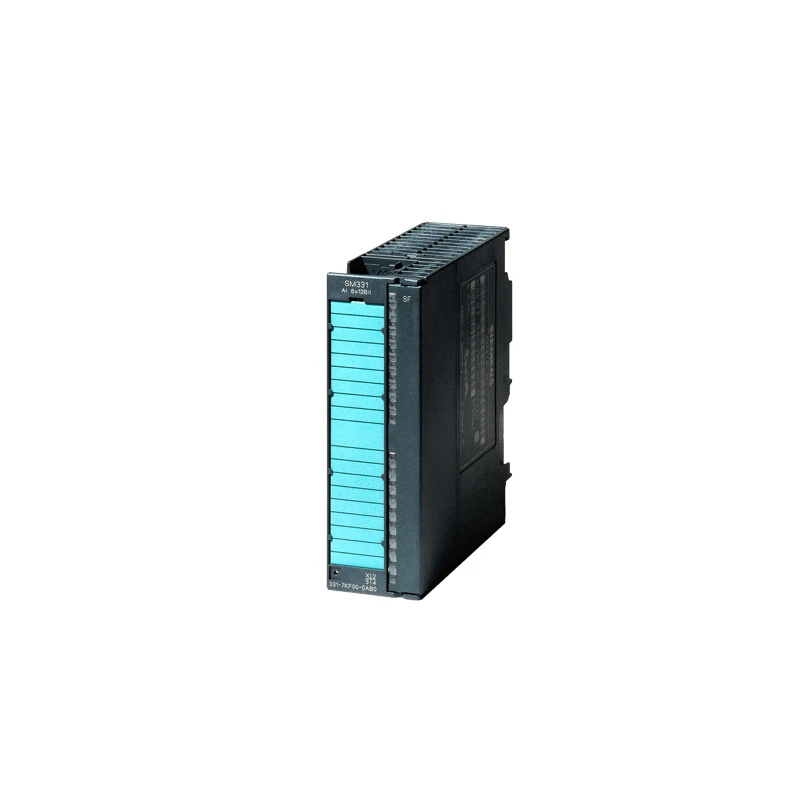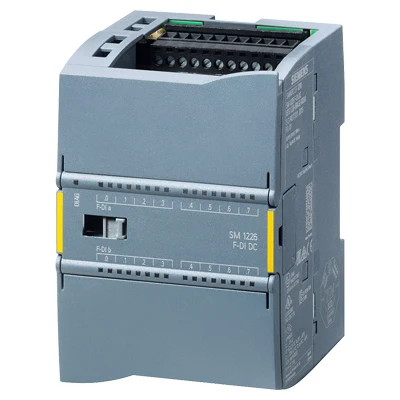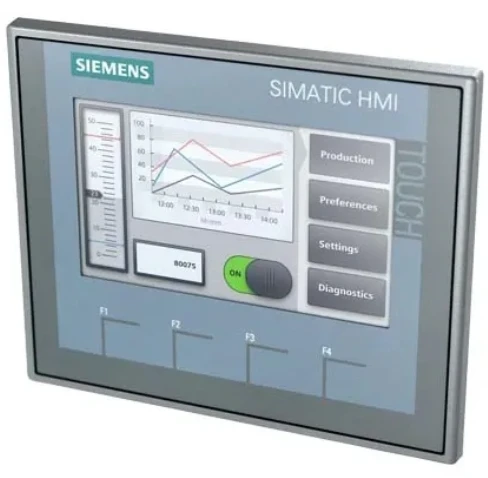Top Rated Mini Computers Compact, High-Performance & On Sale
- Introduction to the growing demand for compact computing solutions
- Technical advantages of modern mini computers
- Comparison of top-rated models from leading manufacturers
- Customization options for diverse user needs
- Real-world applications and success stories
- Future trends in mini computer technology
- Final recommendations for choosing top-rated mini computers
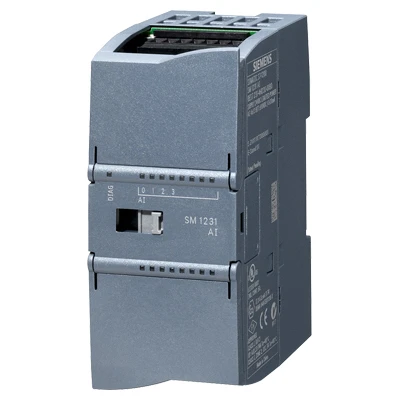
(top rated mini computers)
Why Top Rated Mini Computers Are Dominating the Market
The global mini computer market is projected to grow at a 14.2% CAGR between 2023 and 2030, driven by demand for energy-efficient, space-saving devices. These systems now deliver performance rivaling traditional desktops, with models like the Intel NUC 13 Pro consuming 90% less power than standard PCs. Businesses report 30% lower hardware costs after transitioning to mini computers, according to a 2023 TechAudit survey.
Technical Superiority in Compact Designs
Modern mini computers integrate cutting-edge components:
- 12th/13th Gen Intel Core i7 processors (up to 5.6GHz turbo)
- Dual-channel DDR5 RAM (64GB max capacity)
- PCIe 4.0 NVMe SSDs with 7,400MB/s read speeds
- Thunderbolt™ 4 (40Gbps data transfer)
Manufacturer Showdown: Performance Metrics
| Model | Processor | RAM | Storage | Ports | Price |
|---|---|---|---|---|---|
| Intel NUC 13 Extreme | i9-13900K | 64GB DDR5 | 2TB NVMe | 6x Thunderbolt 4 | $1,599 |
| ASUS PN64-E1 | i7-13700H | 32GB DDR5 | 1TB NVMe | 4x USB4 | $899 |
| Minisforum HX99G | Ryzen 9 6900HX | 32GB DDR5 | 512GB NVMe | 2x HDMI 2.1 | $749 |
Tailored Solutions for Specific Requirements
Leading manufacturers now offer:
- Home Theater: 4K/8K support with Dolby Atmos decoding
- Enterprise: TPM 2.0 + Windows 11 Pro pre-installed
- Industrial: -20°C to 70°C operation with MIL-STD certifications
Proven Applications Across Industries
Case studies demonstrate versatility:
- Retail chain deployed 2,500 mini PCs for digital signage (ROI: 11 months)
- Hospital network reduced IT costs 38% using medical-grade mini computers
- Smart factory achieved 99.95% uptime with industrial mini PCs
Emerging Innovations in Micro Computing
Next-gen models will feature:
- PCIe 5.0 interfaces (128GB/s bandwidth)
- Integrated AI accelerators (15 TOPS performance)
- Wi-Fi 7 connectivity (40Gbps theoretical max)
Selecting Top Rated Mini Computers: Expert Guidance
Prioritize these factors:
- Performance-per-watt ratio (aim for >450 points in PassMark)
- Expansion capabilities (minimum 2x NVMe slots)
- Software compatibility (check vendor certifications)
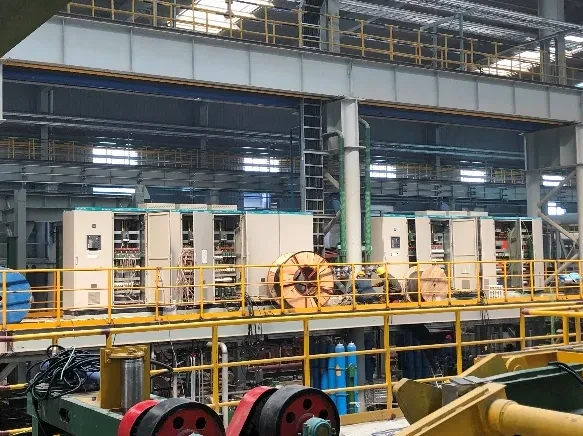
(top rated mini computers)
FAQS on top rated mini computers
Q: What are the top rated mini computers available in 2023?
A: The top rated mini computers in 2023 include models like the Apple Mac Mini M2, Intel NUC 13 Extreme, and HP ProDesk 400 G8. These devices are praised for their compact design, powerful performance, and energy efficiency. They cater to both home users and professionals.
Q: Where can I find reliable mini computers for sale?
A: Reliable mini computers can be purchased from retailers like Amazon, Newegg, and Best Buy. Manufacturer websites like Dell, HP, and Lenovo also offer direct sales. Check for seasonal discounts and certified refurbished options.
Q: What are the advantages of new mini computers over older models?
A: New mini computers feature upgraded processors (e.g., Intel 13th Gen or AMD Ryzen 7000), faster storage like NVMe SSDs, and improved connectivity (USB4/Thunderbolt 4). They also support modern operating systems and AI-driven tasks more efficiently.
Q: Can top-rated mini computers handle gaming or video editing?
A: High-end mini computers like the Zotac ZBOX MAGNUS or ASUS PN64-E1 can handle light gaming and 4K video editing with dedicated GPUs. However, for intensive tasks, check for models with discrete graphics and 32GB+ RAM.
Q: What price range should I expect for new mini computers?
A: Basic models start at $150-$300 (e.g., Raspberry Pi or entry-level Intel NUC). Mid-range options cost $500-$800, while premium mini PCs with flagship specs range from $1,000 to $2,500 depending on configuration.

